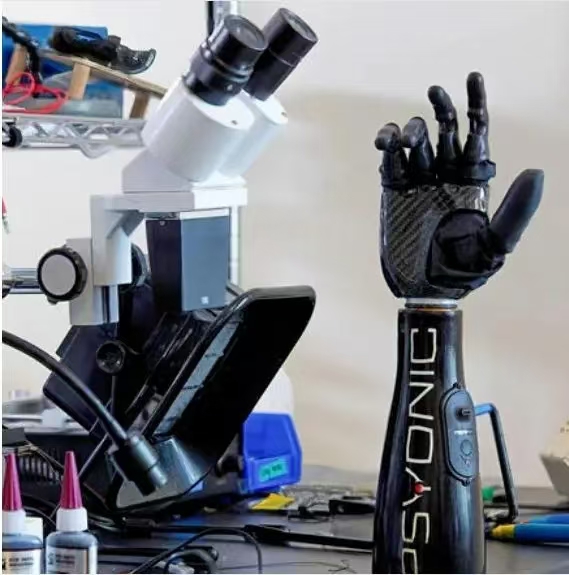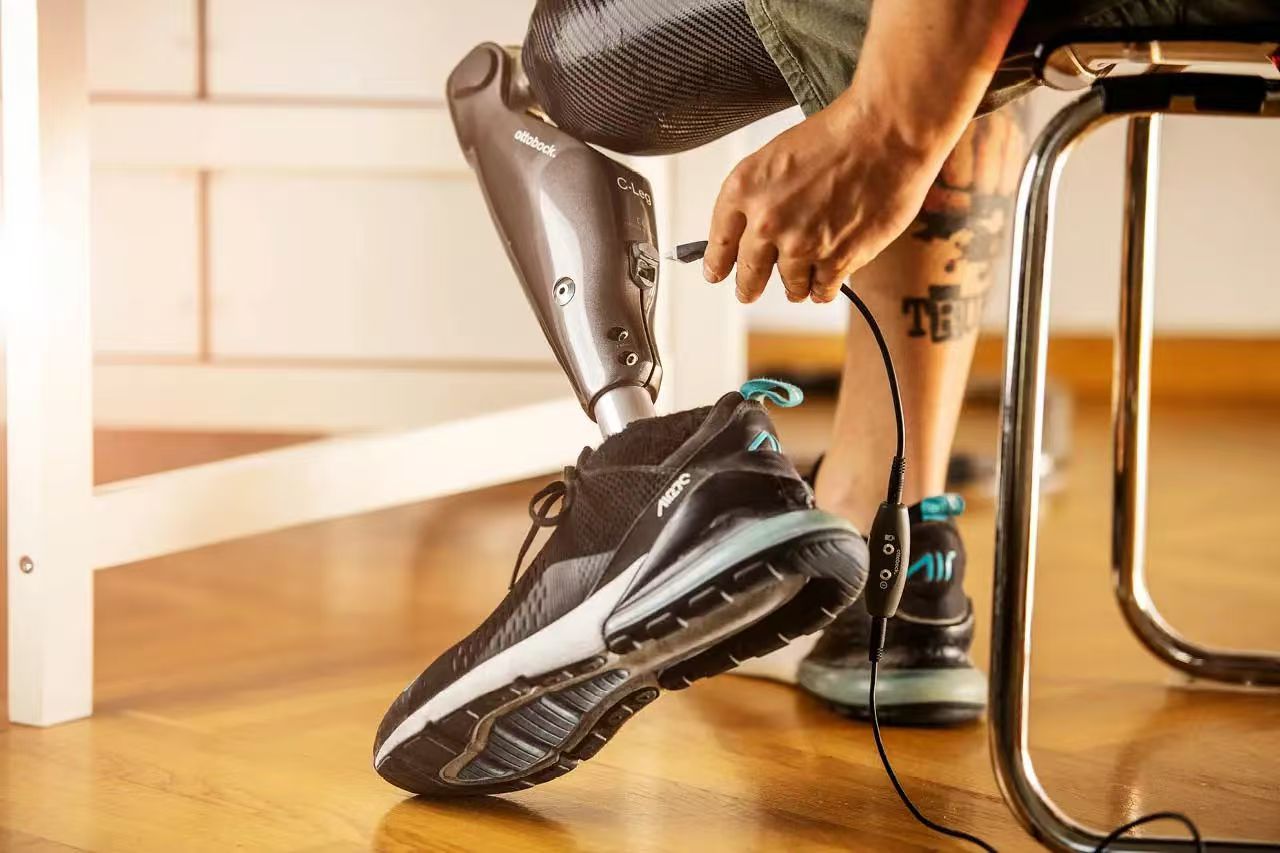
The Advent of Intelligent Prosthetics: Empowering Amputees Through AI and Big Data
The development of smart prosthetics has revolutionized the lives of amputees, offering innovative solutions powered by artificial intelligence (AI) and big data. These advanced technologies not only facilitate the restoration of limb functionality but also enhance user experience, rehabilitation efforts, and psychological well-being. By leveraging the capabilities of AI and big data, smart prosthetics are enabling individuals to seamlessly integrate into society and work environments, reshaping hope and confidence.
Today, we delve into the realm of intelligent prosthetics and cutting-edge technologies, exploring how AI and big data are revolutionizing the field and providing unprecedented mobility and functionality for users. At the opening ceremony of the 4th Asian Para Games in Hangzhou, China, Xu Jialing, a swimmer with a missing arm, displayed remarkable dexterity and control using a smart bionic hand controlled by neural interfaces. This groundbreaking demonstration marked a new era in international sports, showcasing the fusion of AI technology and prosthetic limbs created by BrainCo StrongBrain Technology Company, known for their innovative approach to leveraging big data for prosthetic advancements.
The latest iteration of BrainCo’s smart bionic hand integrates AI algorithms and big data analytics to provide a personalized and responsive user experience. Featuring advanced neural networks and sensor technology, this prosthetic hand offers adaptive grip strength, precise finger movements, and intuitive control capabilities. Through real-time data processing and AI-driven insights, users can enjoy a wide range of functionalities and natural movements, empowering them to perform daily tasks with ease and efficiency.
Imagine the possibilities of enhancing a prosthetic hand with an additional thumb or fingers through AI-enabled customization. This vision, conceptualized by Dani Clode of the Royal College of Art in London, showcases the potential for AI technology to revolutionize prosthetic design and functionality. By incorporating AI algorithms to analyze user behavior and preferences, prosthetic devices can adapt and respond to individual needs, providing a more seamless and intuitive user experience.
Furthermore, the intersection of big data and prosthetic technology has enabled companies like PSYONIC to develop advanced upper limb prosthetics with unparalleled precision and functionality. By harnessing the power of big data analytics and AI-driven diagnostics, PSYONIC’s prosthetic devices offer customized solutions for users, optimizing performance and comfort. Through continuous data collection and analysis, these prosthetic devices can evolve and adapt to individual user requirements, setting a new standard for personalized prosthetic care.
In conclusion, the fusion of AI, big data, and prosthetic technology represents a transformative shift in the field, empowering individuals with limb loss to regain mobility, independence, and confidence. By harnessing the power of intelligent prosthetics, individuals can experience a new level of functionality and freedom, revolutionizing the way we perceive and interact with prosthetic devices.


